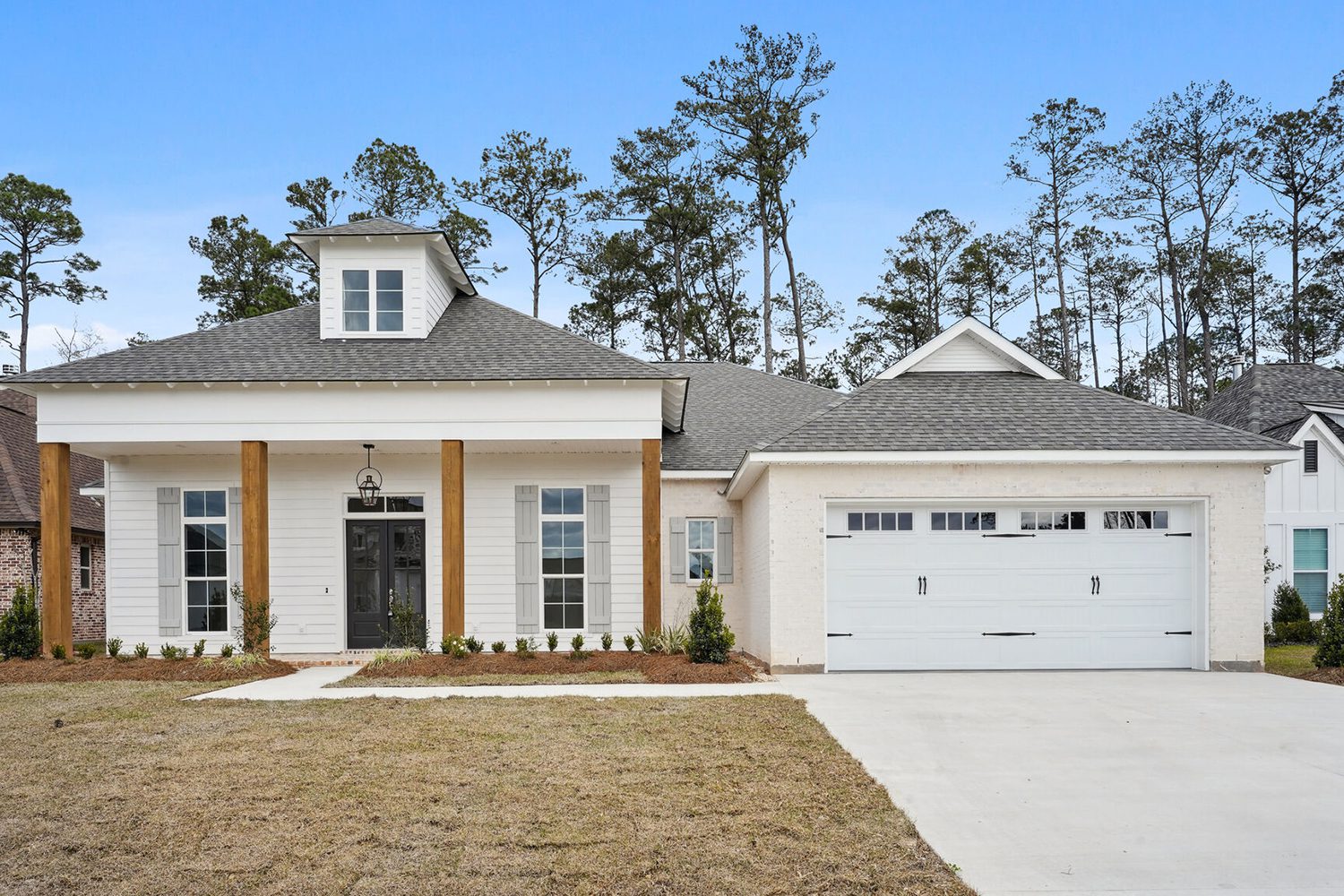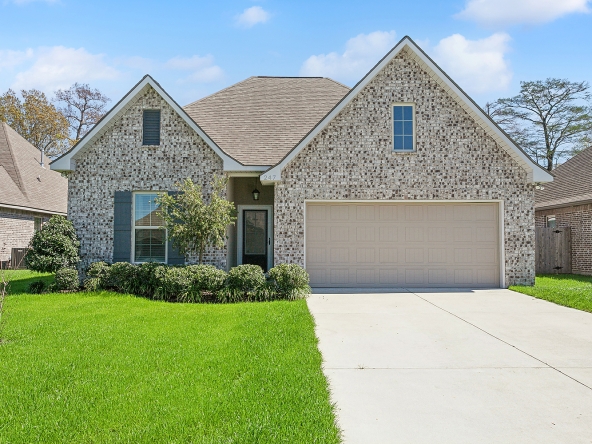No matter if you are buying a home, selling a home, or refinancing a home, a home appraisal is an important part of the process. If you are in any of these categories or will be in the future, it is a smart idea to understand what an appraiser looks for when they appraise your property.
Let’s start with the basics. Home appraisers have a checklist that they go by each time they make a visit to a property to be appraised. In general, home appraisers look at the size and condition of the property which includes both the inside and the outside. When doing this, they will consider any home improvements you have made and the value of the amenities. Another factor that can be included is the neighborhood and comparables in the same vicinity as the property.
Here is a more detailed look at an appraiser’s checklist. When it comes to a property’s exterior, an appraiser should examine several things. As mentioned before, the property’s age and size, and condition are compared to other properties in the same neighborhood. They will take a look at the foundations, windows, exterior walls, roof, gutters, downspouts, front yard, backyard, pool, porch, garage and driveway. Utilities are also included in this which are gas, electricity, water systems, HVAC unit, sewer, septic tank, solar panel,s and any other energy-efficient systems. The last part of this would be to check for evidence of any pest or water damage.
For the interior, an appraiser will start with the floor plan and gross building area. They will first start with building materials such as floors, walls, trims and doors and assess their condition. They will also look at each appliance including the stove, oven, fireplaces and any other appliances. They will make sure there is no mold, pests, water damage etc. Each home improvement and any renovations will be taken into account as well as if the interior is dated. The attic and the basement will also be checked out which includes the condition, if it is unusable space, renovated or habitable, storage potential, or if there is a sump pump in the basement.
The neighborhood will also be assessed, whether is it in a rural, urban, or suburban area, are the streets and neighboring properties in good condition, and if it is in a flood zone or at risk for hurricanes or tornadoes. They will also want to study the local market, how many properties have sold in the area and are the prices dropping or rising. They will look at how long it takes to get to schools, shops, public transit stations, etc from the property. On the flip side, they will look at whether the property is near any undesirable things such as landfill sites, power plants, airports, etc.
There are also many things that can increase a home’s appraisal value. Recent renovations are always a plus but will only add value if they are done in good standard. If you have all energy-efficient appliances this will also be an added value. Custom finishes, and quality materials such as granite countertops and hardwood floors will increase the value.
Unfortunately, there are also things that can decrease a home’s value. If a property has been poorly maintained, then it will not appraise as high as a similar property that has been well maintained. If there are structural flaws with the roof, foundation or walls which are big issues, they can also lead to a dip in the value of your home. Mold, water damage, pest infestations, dated appliances, and decor will devalue your home. Basically, a new build will be appraised for a higher dollar than an older home.
Remember if you are in the market to sell or purchase a home, you will want to have it appraised, and understanding what a home appraiser looks for is important. A good way to get help with this is by using a realtor, who can help you with the entire process of selling or purchasing a home.





